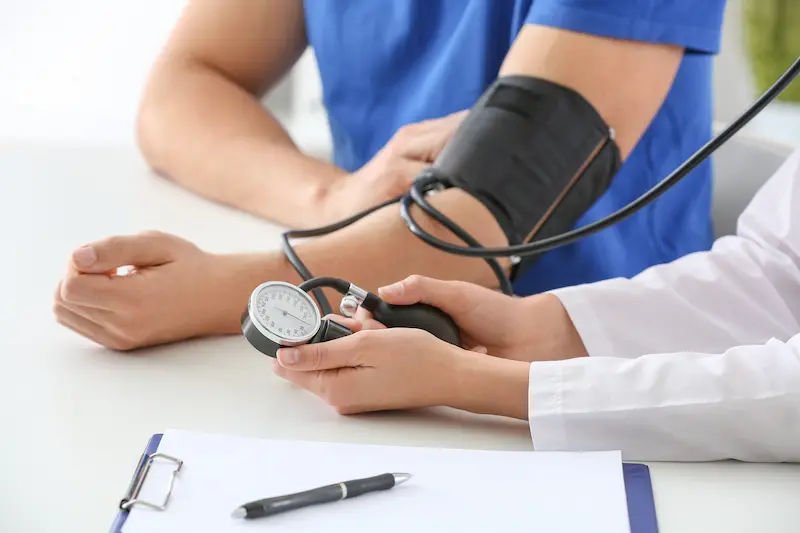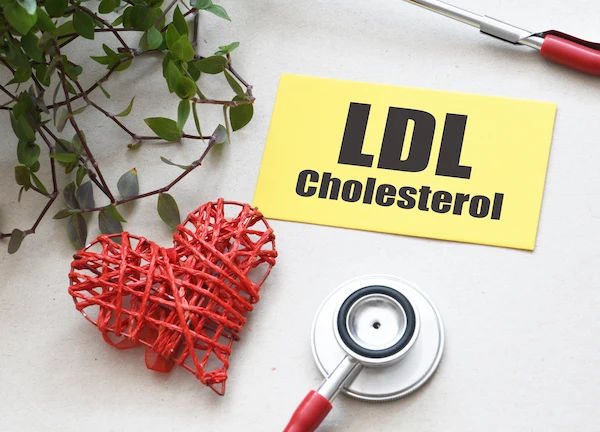- female
- 45 Years
- 20/02/2025
I'm wondering if it's really necessary to get my heart rate up by walking on a treadmill for a stress echocardiogram. When I was lying down for the test, my heart rate was already high at around 130-140 because of anxiety and stuff. The doctor mentioned that since my heart rate is already up, they wouldnt make me do the treadmill, and the stress echo would still be completed. I was told that it doesnt matter if the heart is beating faster due to stress or exercise; all they need are the images. I paid 3.5k for the stress test but ended up with just an echo report, which usually costs 1.5k. I've been having typical chest pain and in the report, they noted sinus tachycardia during the study. What should I do?
Answered by 1 Apollo Doctors
In your case, since your heart rate was already elevated due to anxiety and other factors during the stress echocardiogram, it was not necessary to further increase your heart rate through walking on a treadmill. The main goal of the test is to assess the heart's function and structure under stress, whether it is due to mental stress or physical exertion. The doctor's focus is on obtaining clear images rather than solely on increasing the heart rate. Regarding your chest pain and the presence of sinus tachycardia noted in the echo report, it is important to follow up with your doctor for a comprehensive evaluation. Based on your symptoms and the findings in the report, your doctor may prescribe medications such as beta-blockers like Metoprolol to help control your heart rate and chest pain. Additionally, further investigations or treatments may be recommended based on the overall assessment of your cardiac health.
Dr. Dr Khaleel Suggests...
Consult a Cardiologist
Answered 04/07/2025
0
0

Ask Apollo
AI powered Health Chatbot
-
Stress Echocardiogram Procedure
- The test involves exercise, like treadmill walking, to increase heart rate for accurate heart function assessment.
- If exercise is not feasible, medications can simulate exercise effects.
-
Understanding Sinus Tachycardia
- Sinus tachycardia is a faster-than-normal heart rate originating from the sinus node, often due to anxiety or stress.
- It is common during stress tests and usually not concerning unless persistent.
-
Possible Causes of Typical Chest Pain
- Cardiac causes: angina, heart attack.
- Non-cardiac causes: acid reflux, muscle strain.
- A thorough evaluation is crucial to identify the cause.
-
Concerns About Test Costs and Reports
- A stress echocardiogram typically includes both exercise and imaging; costs can vary.
- Discuss discrepancies with your healthcare provider and consider a second opinion if needed.
-
Relevant Medical Specialties and Next Steps
- Cardiology is the primary specialty for heart-related concerns.
- Follow up with a cardiologist for further evaluation and management based on your symptoms and test results.
Answered 10/09/2025
0
0

More Cardiology Health Queries
View allI've been feeling a strong heartbeat that I can actually feel through my neck, and I can even see the pulse moving there. Is this something to be worried about? What could be causing it?
ecg and echo is advised..
Answered by 1 Apollo Doctors
I found out about my high blood pressure about two years ago when my family doctor prescribed me Telma 40. I've been taking it, but I sometimes forget to take it at the same time every day. Since I stopped regularly monitoring my BP, I didn't notice anything unusual until recently. I checked my BP a few days ago, and it read around 14090, usually falling within 13585 to 14590. I've been wondering, even though I'm taking Telma 40, why would my BP still be at 14090? Could my less active lifestyle over the past couple of months be contributing to this? I'm a bit concerned and curious about what's going on.
Lifestyle modifications such as regular exercise, maintaining a healthy weight, reducing sodium intake, and managing stress are important in controlling blood pressure. I recommend incorporating regular physical activity into your routine, such as brisk walking or swimming for at least 30 minutes a day. Additionally, try to follow a balanced diet rich in fruits, vegetables, and whole grains while limiting processed foods and high-sodium items. It is also important to monitor your blood pressure regularly and take your medication consistently at the same time each day to optimize its effectiveness. If you continue to have concerns about your blood pressure readings, consult with your healthcare provider for further evaluation and guidance.
Answered by 1 Apollo Doctors
I'm experiencing this weird vibration feeling in my left chest that lasts for just a couple of seconds. I got an ECG and an Echo test done today, and they both came back normal. What should I do next to stop these vibrations? I'm a bit concerned and would appreciate any advice you can offer.
Thta could be muscle twitching due to weakness or restlessness,take adequate rest you will be fine
Answered by 1 Apollo Doctors
Disclaimer: Answers on Apollo 247 are not intended to replace your doctor advice. Always seek help of a professional doctor in case of an medical emergency or ailment.

 Why was I not asked to do the treadmill exercise?
Why was I not asked to do the treadmill exercise? 

.webp)

